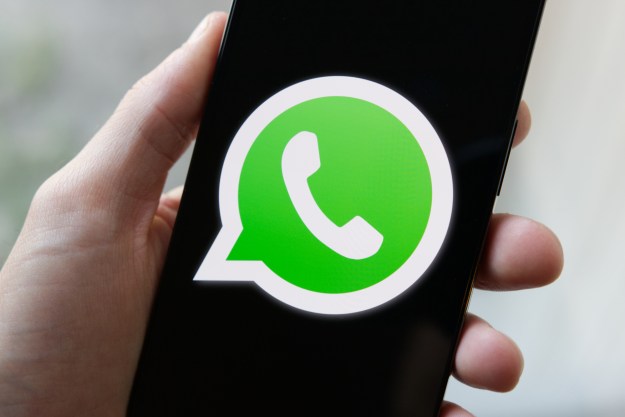
The code is from the malware family Brain Test, responsible for Shedun, Shuanet, and Shiftybug, according to security firm Lookout. This type of malware has been spotted outside of Google Play before, on third-party app sites. The difference this time is these 13 apps managed to sneak onto the store, making them much more dangerous to the average Android user.
The 13 apps include:
- Cake Blast
- Jump Planet
- Honey Comb
- Crazy Block
- Crazy Jelly
- Tiny Puzzle
- Ninja Hook
- Piggy Jump
- Just Fire
- Eat Bubble
- Hit Planet
- Cake Tower
- Drag Box
All the apps are games, and targeted at a young audience. If you have them installed, delete them now.
Millions of people have apparently downloaded the apps, but there are still one or two jumps for the malware to make before it can gain root privileges. That means some users might be safe, despite downloading the app.
Google has not said how it missed the malware-ridden apps. In past cases, the developer adds the malware through an update, or hides it inside a legitimate folder or piece of code.
If the malware has gained access to root privileges, the consequences could be dire. Once an infestation gains access to the main controls, it can tamper with all sorts of functionality on the device, including screen watching and tracking keystrokes.
There is ways to remove the malware, including a root explorer or re-flash a manufacturer ROM. That might sound like mumbo jumbo for a non-techie, but there are guides on how to do this — you can also contact your device manufacturer or carrier if you’re really worried.
Editors' Recommendations
- The 6 biggest announcements we expect from Google I/O 2024
- The 1Password Android app just got a huge upgrade
- If you have one of these apps on your Android phone, delete it immediately
- Google is killing your passwords, and security experts are (mostly) happy
- Google is killing another one of its popular apps, and it’s a big one
